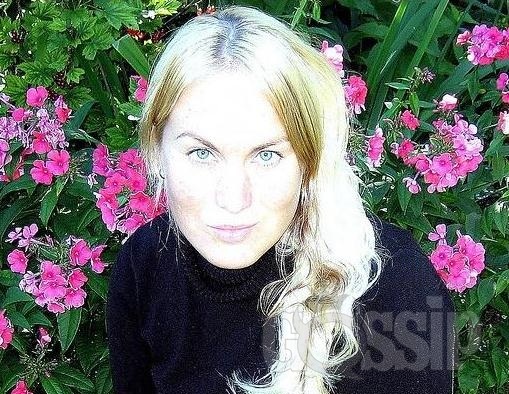It has been a long time coming, but CFO Margus Pärn and journalist Helena-Reet Ennet have finally confirmed the second first name of their 7-month old baby daughter – Elisheva.
Born May. 16 in Tallinn, Estella Elisheva had a gestation period for her name almost as long as the pregnancy itself. The creative couple had difficulty agreeing a moniker.
“According to Jewish tradition, the naming of your kid is a charming thoughtful spiritual moment. Based on kabalistic teachings, the name we select for the baby will have a strong effect upon her life. Yet even greater, the Talmud tells us that parents receive one-sixtieth of prophecy when picking a name. An angel comes to the parents and whispers the Jewish name that the new baby will embody,” she said.
Helena-Reet Ennet, 28, confirmed the second first name during a phone interview with the AOL Entertainment.
___________________
Elisheva or Elisheba (אֱלִישֶׁבַע in Hebrew) was the wife of Aaron, the forefather of The Kohanim, the Jewish priests. According to later Jewish tradition, she is buried in the Tomb of the Matriarchs in Tiberias. The character of the wife of Aaron (Harun in Arabic) is also mentioned in the Qur’an, albeit unnamed. She is known as Alishahda in Islamic tradition.
In Hebrew, Eli means “my God”. Sheva can mean either “oath” or “sustenance”. (“Sheva” also means seven in Hebrew.) The name Elisheva means either “My God is my oath” (I swear by my God) or “My God is my sustenance”. According to some interpretations, Elisheva was the same as Puah, one of the righteous midwives mentioned in Exodus Chapter One. Those who hold this interpretation believe that her position as ancestress of the priestly caste was a reward for saving the Hebrew children.
The names Elisabeth, Elizabeth, Elspeth, Eliseva, Elsabe, Ilsabe, Isabel, and Isabella, and their Arabic equivalent Alishahda, among others, are derived from Elisheva (see Elizabeth).
